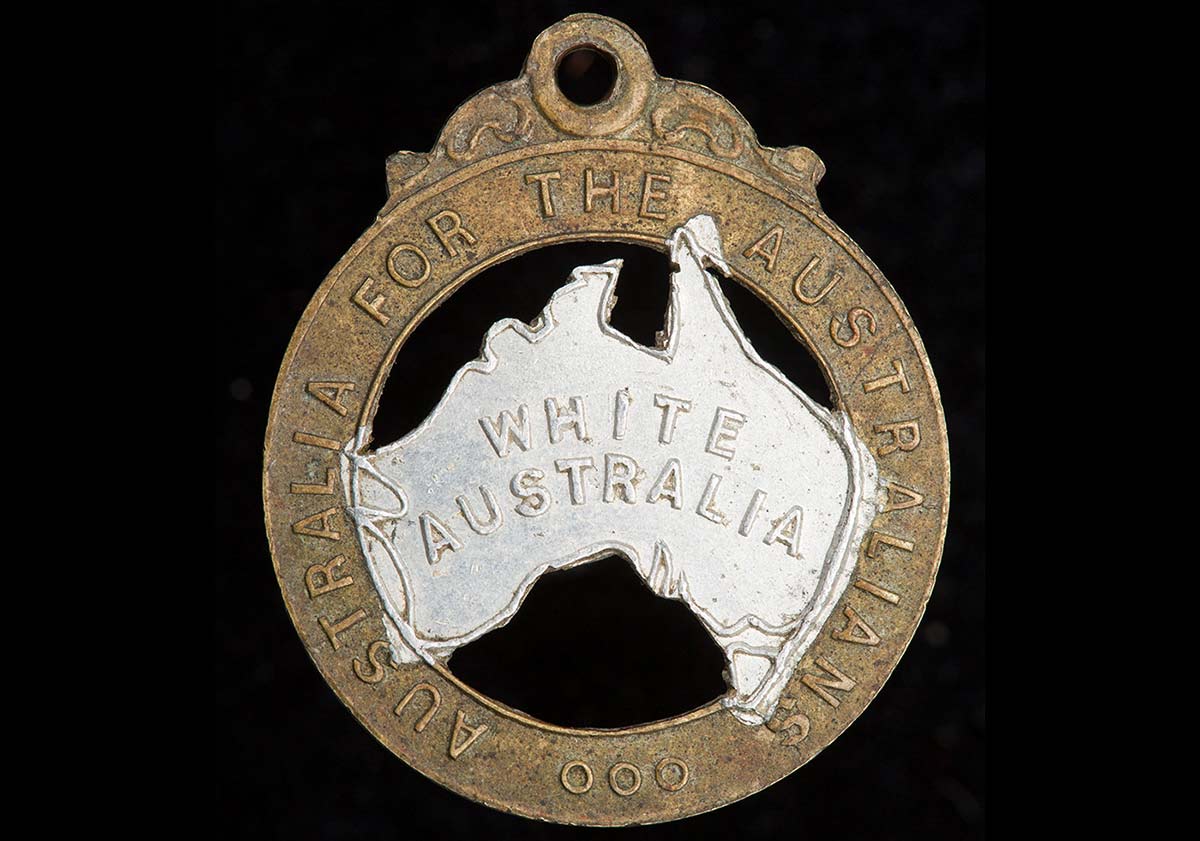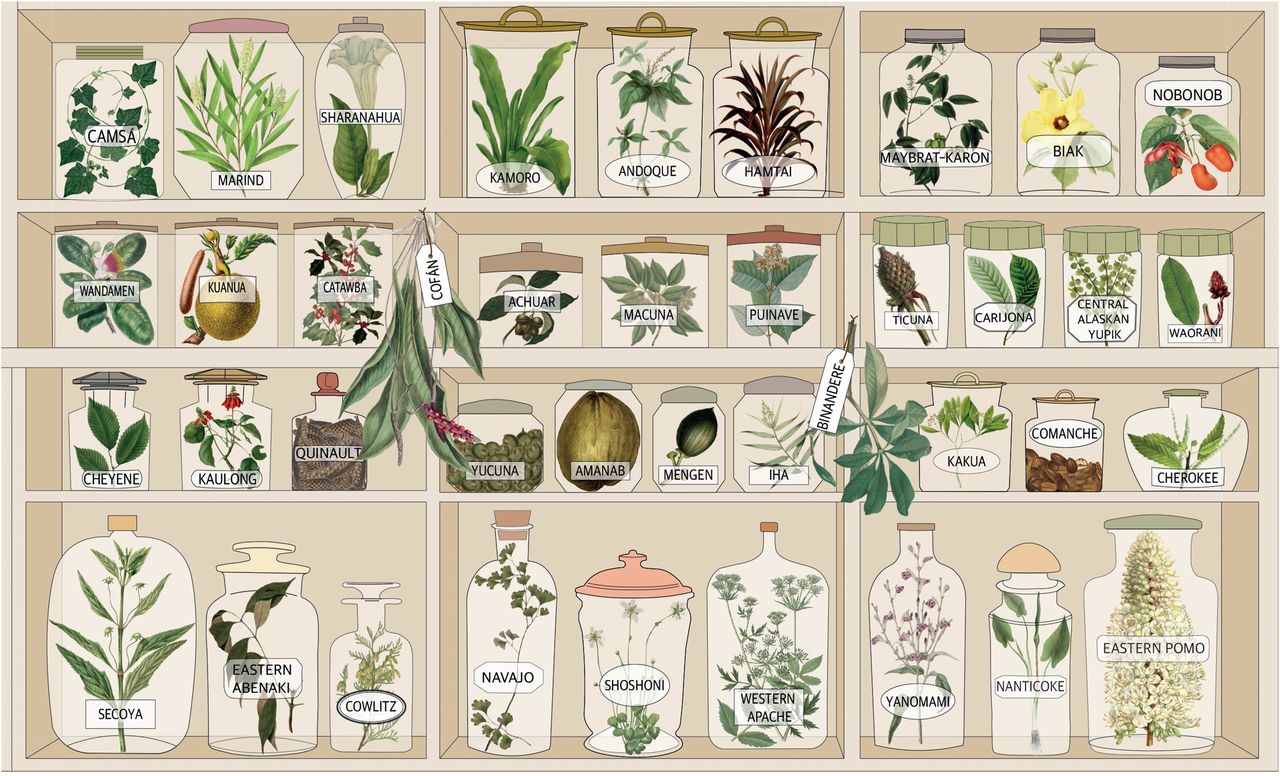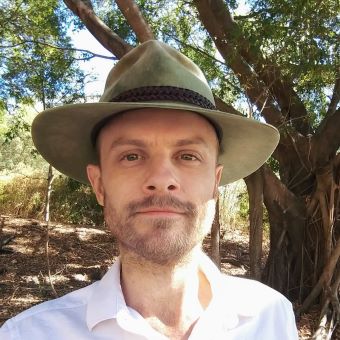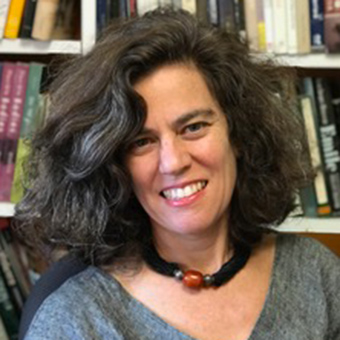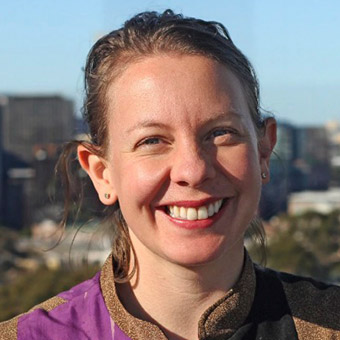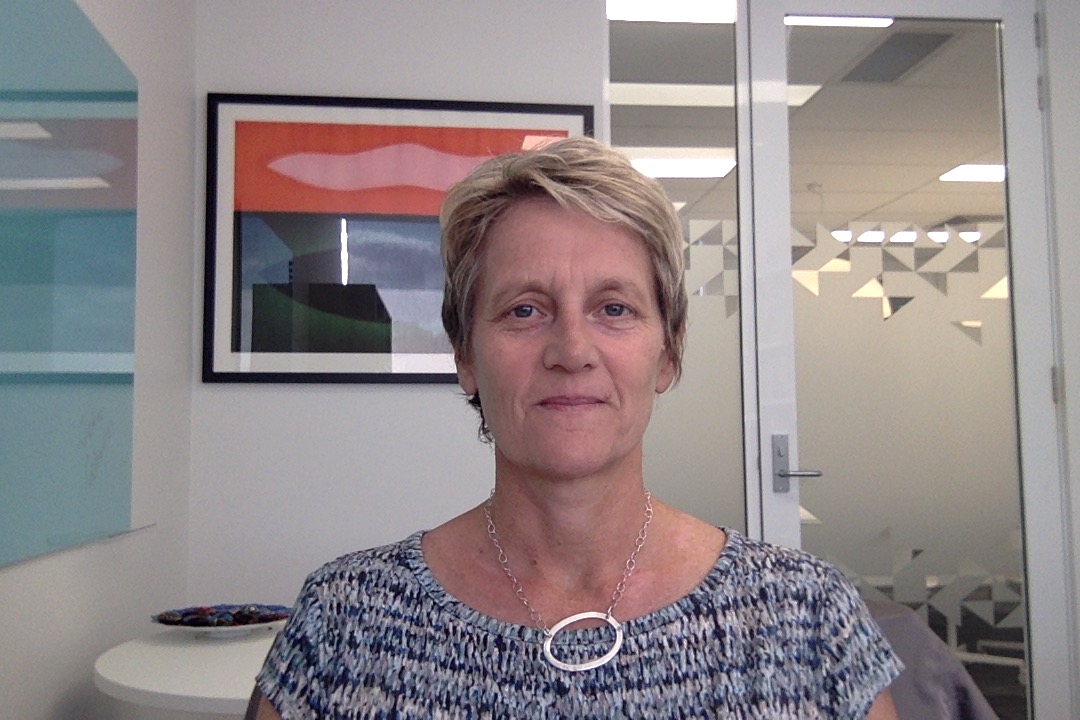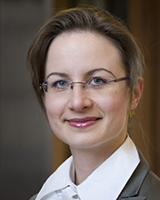2021
-
December 2021: “Securing the Borders of English and Whiteness”
Brass ‘White Australia’ protection badge, 1906. Image credit: National Museum of Australia This month’s Spotlight features a recently published commentary from Language on the Move (LOTM), a peer-reviewed sociolinguistics research site devoted to multilingualism, language learning, and intercultural communication in the contexts of globalization and migration. It was prepared by Ingrid Piller, LOTM editor and Distinguished Professor…
-
November 2021: “Indigenous Languages, Environmental Knowledge and the Impacts of the Coronavirus Pandemic”
By Leigh Swigart [Photo credit PNAS] The COVID-19 era has shone a spotlight on the challenges experienced by many multilingual societies in effectively communicating critical health information, particularly to members of vulnerable and minority populations. These difficulties have been well documented, for example, in OneSmallWindow for the UK, and in a variety of settings across the globe…
-
October 2021: ‘Supporting two-way communication with police in Western Australia: new translation app helps to identify need for Aboriginal interpreters’
By Alex Bowen, Linguist and Trainer, Aboriginal Interpreting Western Australia; PhD Student, University of Melbourne Aboriginal Interpreting Western Australia (AIWA) recently worked with the Western Australia Police Force to develop an app which could signal a new direction in communication with Aboriginal people who are arrested. The app, which police have on their phones, delivers…
-
September 2021: “Interpreting ‘In the Field’”
This month’s feature comes from Language, Culture and Justice Hub member Laura Kunreuther, Associate Professor of Anthropology at Bard College. She has been investigating the world of “field interpreters” for several years and offers her reflections on an intriguing aspect of their critical work. “Interpreting ‘In the Field’” What does it mean, practically and subjectively, to…
-
July 2021: “Language Rights in a Changing China: A National Overview and Zhuang Case Study”
A new book by Language, Culture and Justice Hub member Alexandra Grey has just been published (Contributions to the Sociology of Language #113, De Gruyter Mouton 2021). Language Rights in a Changing China is the culmination of eight years of research, including fieldwork in four provinces across the People’s Republic of China. The book examines the constitutional minority language rights…
-
June 2021: “Linguistic Lives as Working Lives: Exploring Communication Labor with Legal Interpreters’ Language Life Histories”
By Sonya Rao, American Bar Association/AccessLex Institute Post-Doctoral Fellow in Legal and Higher Education The life history interview, a type of oral history that covers the events of an individual’s life experiences, is a useful methodological tool for social scientists and historians. In these interviews, researchers can explore the depths of an individual’s historical experience and…
-
May 2021: “A Seat at the Table: Islamic Law’s Neglected Potential in Universalising International Humanitarian Law”
By Julie Fraser, Assistant Professor of Law, Utrecht University The large-scale Black Lives Matter protests in the middle of 2020 made it impossible to look away from structural biases and inequalities around the world. As an international lawyer, I reflected further on how the norms and institutions of international law also privilege and silence certain perspectives…
-
April 2021: “Lost in Translation: Interpretation as a Barrier to Asylum in Texas Immigration Courts”
By Edith Muleiro, The University of Texas at Austin Language influences our lives in many ways. For some this influence may be subtle, but in a courtroom the ability to understand and be understood becomes the determining factor in one’s future. Imagine standing in a new and unfamiliar country before a judge. A form in…
-
March 2021: “How International War Law Makes Violence Legal: A Case Study of the Rome Statute”
This month’s Spotlight was contributed by Annabelle Lukin, Associate Professor of Linguistics at Macquarie University. For many years, she has studied language ideologies around war and violence. She comments here on her recently published article analyzing the International Criminal Court’s Rome Statute. The standard narrative about the history of international war law is that it has…
-
February 2021: “Identity and Diversity on the International Bench: Who Is the Judge?”
This month’s Spotlight feature was contributed by Professor Freya Baetens (University of Oslo, Leiden University), editor of the newly published volume, Identity and Diversity on the International Bench: Who Is the Judge? (Oxford University Press). International courts and tribunals hold the power to decide on questions involving sovereignty over territory, grave human rights violations, international crimes, or millions of…
